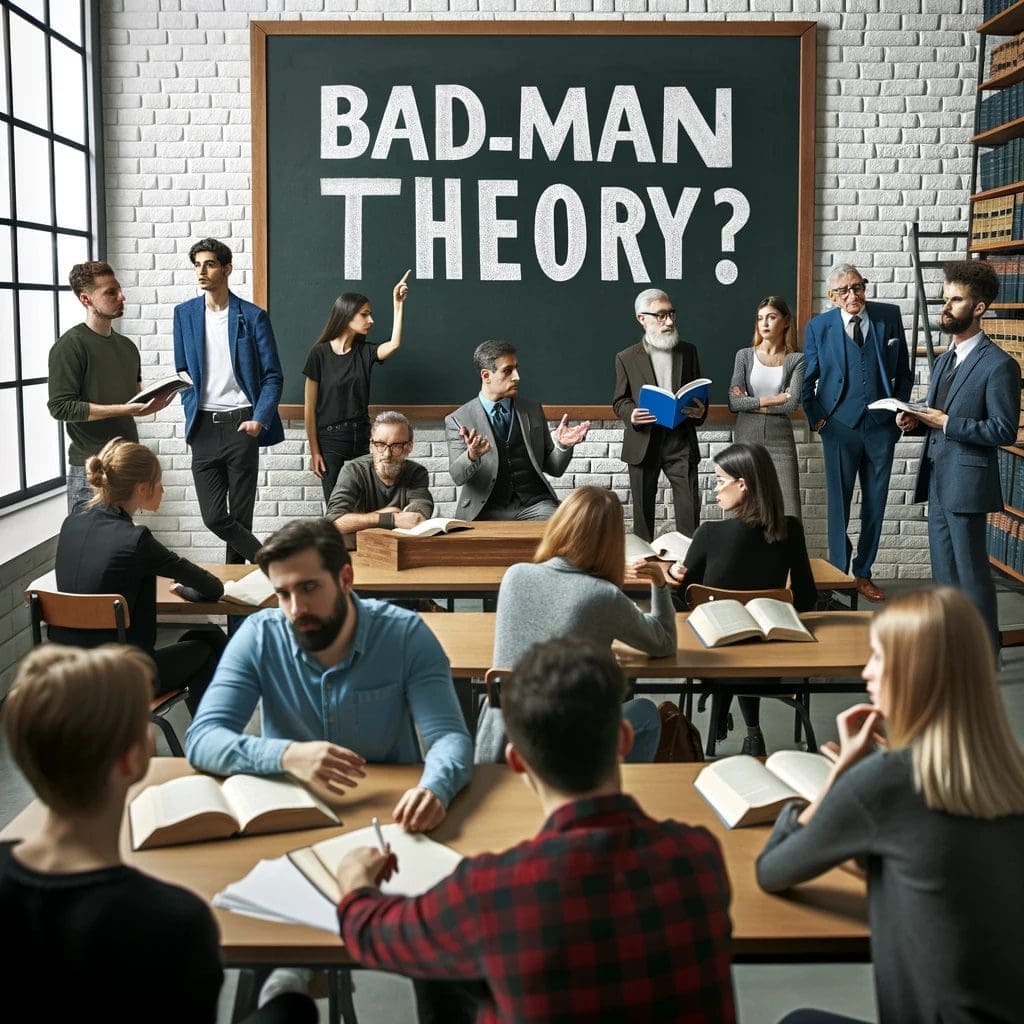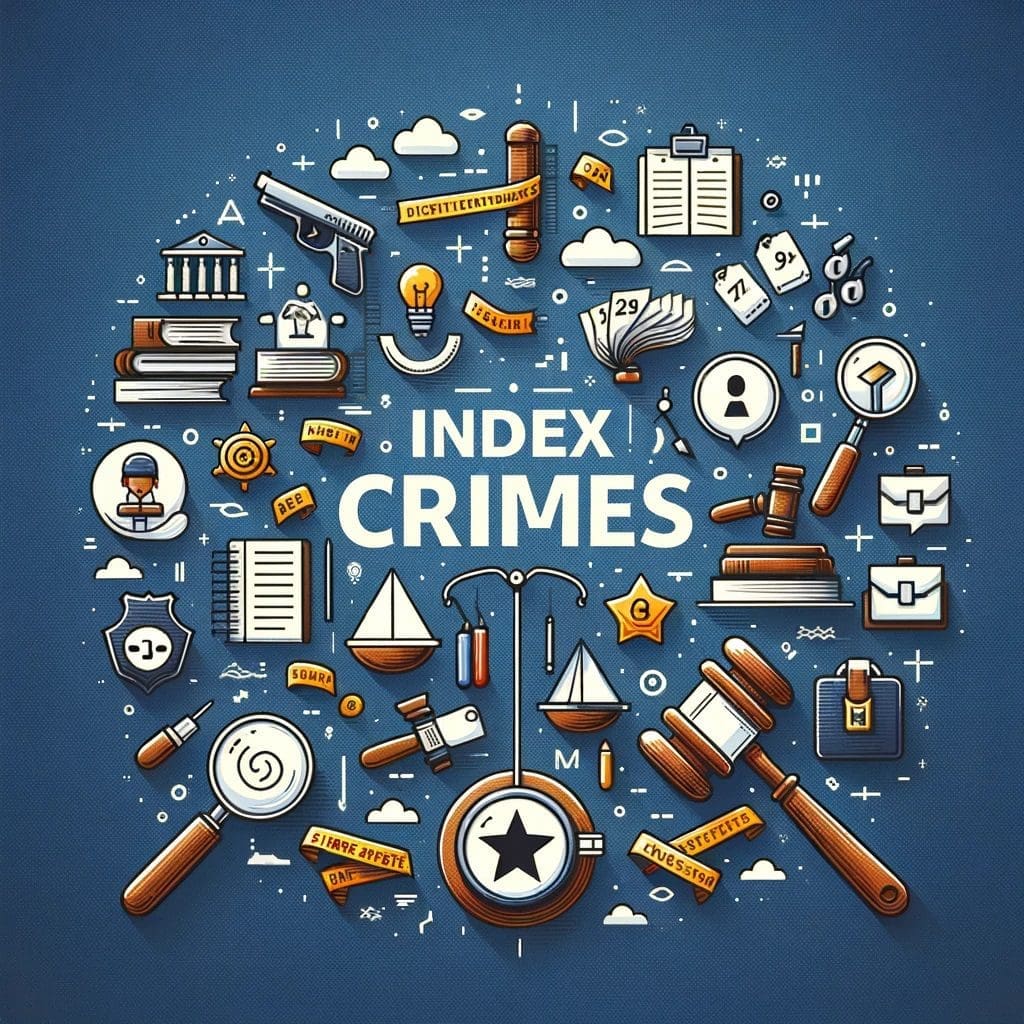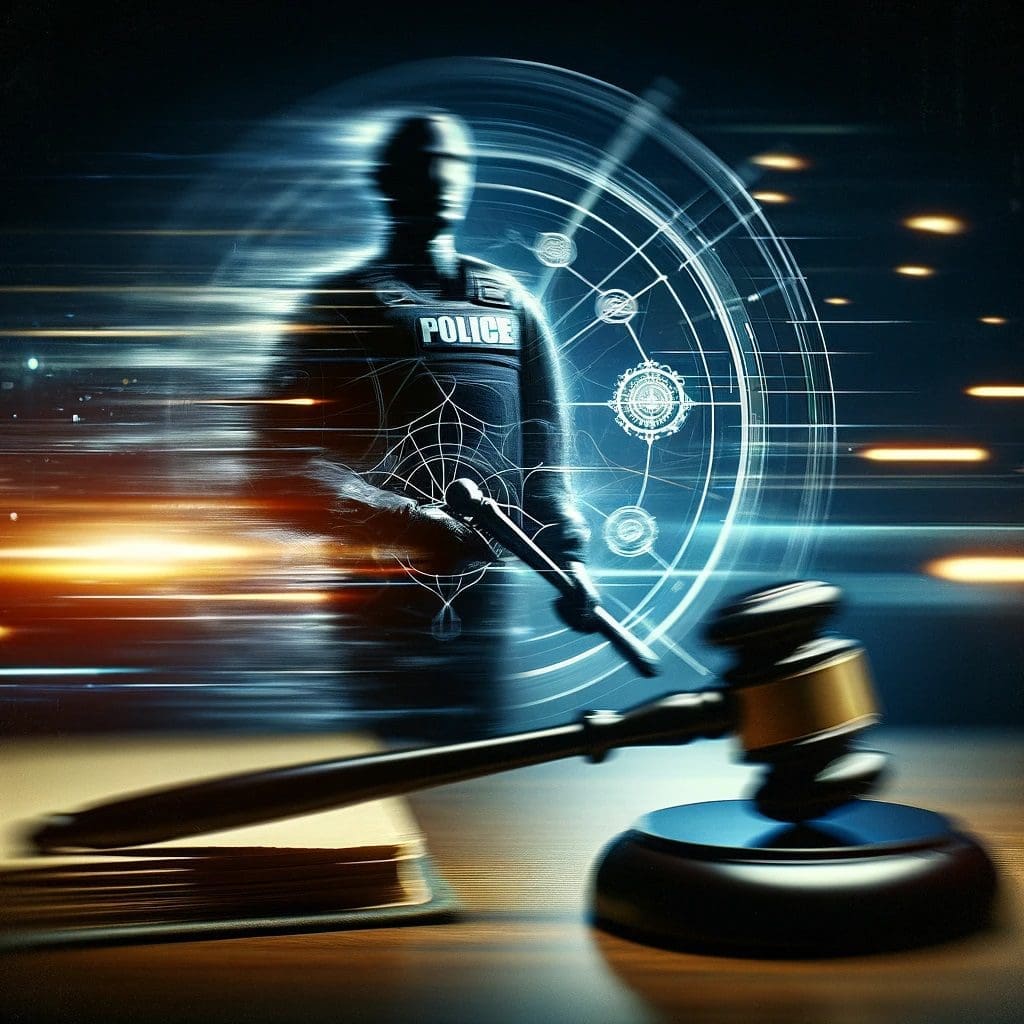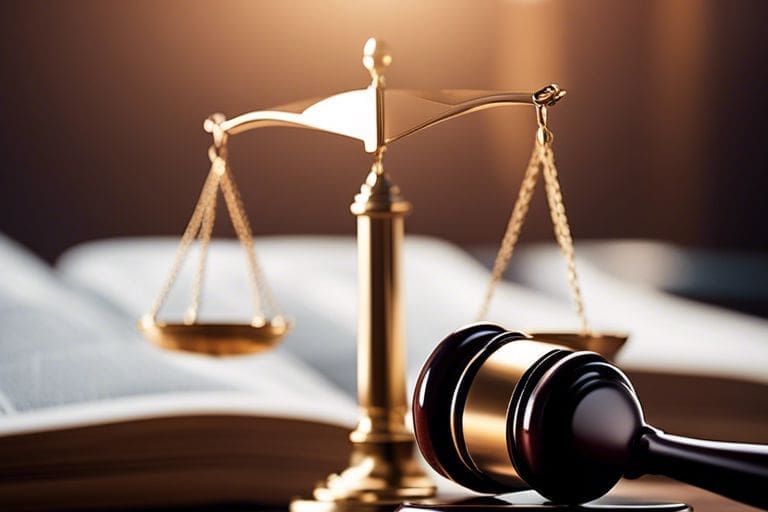Legal Theory

Unveiling Legal Theory: Its Influence on Law and Justice Explained
Legal theory is an essential aspect of the law, offering a framework for understanding, interpreting, and applying legal principles. It encompasses various schools of thought that guide legal reasoning and the development of legal systems.
At its core, legal theory seeks to answer fundamental questions about the nature of law, its purpose, and its relationship with morality, justice, and society. These questions are not merely academic; they influence how laws are made, interpreted, and enforced.
One key area of legal theory is jurisprudence, or the philosophy of law. Jurisprudence explores different perspectives on what law is and should be. From natural law theory, which asserts that law should reflect moral principles, to legal positivism, which separates law from morality, these theories provide a basis for legal interpretation and application.
Another important aspect is procedural theory, focusing on how laws are applied and enforced. This includes the processes of litigation, the roles of judges and juries, and the principles of due process and fairness.
Legal theory also delves into substantive law, examining the specific content of laws in areas like contracts, property, and torts. It seeks to understand the rationale behind these laws and their impact on individuals and society.
The application of legal theory is evident in landmark court cases, where theoretical principles are used to interpret laws and make judicial decisions. These cases often set precedents that shape future legal interpretations.
In conclusion, legal theory is a foundational element of the legal profession. It guides lawyers, judges, and lawmakers in their work, ensuring that the legal system functions with coherence, consistency, and respect for fundamental principles.
Furthermore, the evolution of legal theory reflects changes in societal values and perspectives. As society evolves, so too do the theories that underpin legal interpretations and practices.
Critical legal studies, for example, challenge traditional legal theories, emphasizing the role of power, politics, and economic interests in the law. This school of thought advocates for a more equitable legal system that addresses social injustices.
Legal theory also intersects with other disciplines, such as political science, economics, and sociology. This interdisciplinary approach enriches legal understanding and fosters a more holistic view of law and its role in society.
In the realm of international law, legal theory plays a crucial role in addressing global issues. It helps in understanding and resolving conflicts between nations, developing international human rights standards, and managing global economic transactions.
In sum, legal theory is not just an academic discipline; it is a vital component of the legal system, influencing every aspect of law and justice. Its study and application are crucial for legal professionals and anyone interested in the workings of the law.










